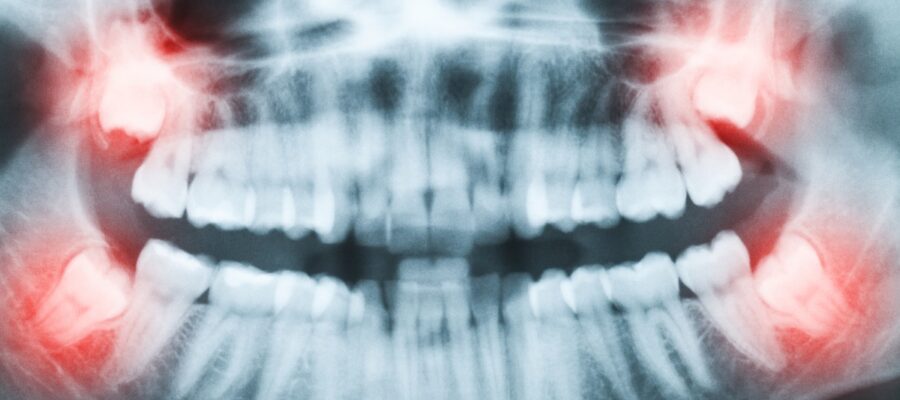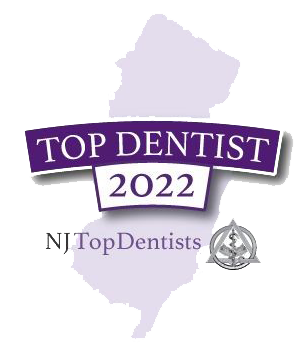
Can Wisdom Teeth Cause TMD?

Pain from problematic wisdom teeth can certainly feel similar to TMJ pain. Both wisdom teeth and TMJ can cause aching of the jaw that radiates to other areas of the face. But wisdom teeth pain and TMJ pain are not the same thing. Furthermore, according to the team at Headache & TMJ Center of New Jersey, wisdom teeth almost never cause TMJ disorder (a.k.a., TMD). Drs. Ivan Stein and Allen Stein explain what you need to know about wisdom teeth and TMD in this post.
Distinguishing Between Wisdom Teeth and TMD Pain
Wisdom teeth are the third molars and the last to develop in the mouth. They are very large and have many grooves and pits, making them difficult to keep clean. Because of this, they are prone to cavities and gum disease, which can cause pain and sensitivity to heat, cold and sugary foods/beverages.
Sometimes wisdom teeth grow at an abnormal angle and do not have enough room to “erupt,” or emerge through the gumline. Therefore, they may push on the surrounding teeth and gums, even shifting them out of proper position and causing misalignment of the bite. Wisdom teeth that do not grow properly in the mouth are known as impacted wisdom teeth, and they can cause significant discomfort in the neighboring teeth, gums and jaw. Impacted wisdom teeth typically need to be removed via oral surgery.
Because of the location of impacted wisdom teeth at the back of the mouth, the pain they cause can closely mimic the symptoms of TMD. It is easy to confuse the two problems. But TMJ disorder is characterized by a problem with the jaw joint (not the teeth). It occurs when the jaw joint becomes injured or deteriorates due to a condition such as arthritis. In addition to jaw pain, TMJ disorder can cause stiffness or tightness of the jaw muscles, limited jaw mobility, headaches, earaches, tinnitus and vertigo.
Get Answers From a Qualified Professional
The doctors at Headache & TMJ Center of New Jersey are trained to identify and treat TMD. They prefer to start with the least-invasive treatment method and, if no improvement is made, progress to more involved techniques.
If the doctors determine that it is your wisdom teeth — and not your jaw joint — causing or contributing to your discomfort, they can recommend a more appropriate course of action.
To request an evaluation with Dr. Ivan Stein or Dr. Allen Stein, please contact Headache & TMJ Center of New Jersey today.

